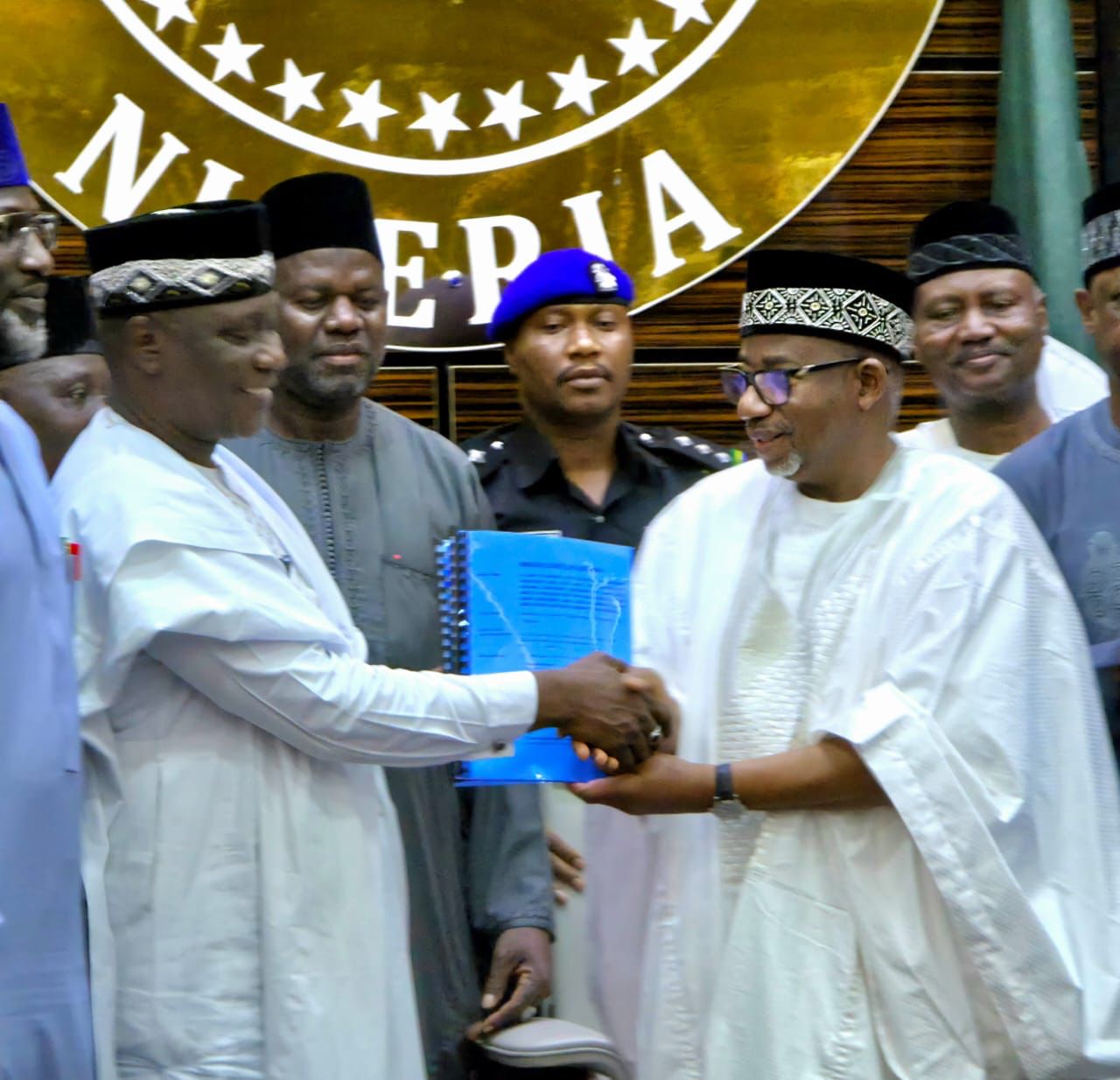NEWS
Bauchi Governor Mohammed Signs Laws Creating 13 New Emirates, One Chiefdom

Bauchi State’s traditional governance architecture has been fundamentally restructured, as Governor Bala Mohammed on Tuesday signed into law the bills establishing 13 new emirates and one chiefdom. This monumental expansion, which increases the state’s traditional structures beyond the existing six emirates, is intended to be a policy-driven move to bring administration closer to the people and foster development.
Dependable NG reports that Governor Mohammed immediately assented to the bills at the Government House, listing the new emirates as Burra (at Burra), Danbam (at Danbam), Darazo (at Darazo), Duguri (at Yuli), Gamawa (at Gamawa), Giade (at Giade), Toro (at Toro), Warji (at Katangar Warji), Lere (at Lere), Jama’a (at Nabordo), Lame (at Gumau), Ari (at Gadar Maiwa), and Bununu (at Bununu). Additionally, the new Zaar Chiefdom will be located at Mrim. The Governor directed the State Attorney-General and the Secretary to the State Government to ensure immediate gazetting and circulation of the new law to all relevant authorities.
In justifying this sweeping reform, Governor Mohammed explained that the initiative is designed to enhance grassroots governance, attract vital development to local communities, and provide residents with stronger voices in the decision-making process. He affirmed that the reform would actively “address perceived injustices and foster unity among diverse groups; recognise cultural heritage and promote inclusivity; while integrating traditional institutions with modern governance to keep them relevant partners in development, peace, and progress.” The Governor stressed that the move is not political, but a recognition of merit and necessity.
The Governor further highlighted the economic and statistical benefits of the expansion. He noted that the new structures would boost revenue generation at the local level for community-based projects and significantly strengthen data collection and statistics. These improved statistics, he argued, are vital in determining allocations to states and local governments, as well as attracting much-needed donor and international interventions. He described the reform process, led by the Hamza Koshe Akuyam Committee, as “one of the most consultative and transparent ever undertaken in the state,” having received hundreds of memoranda and conducted extensive public hearings.
Sending a clear and unambiguous message, Governor Mohammed issued a stern warning against any form of sabotage. He stated that anyone attempting to cause unrest or disrupt the peace following his assent to the law would face the full weight of the law. “The security agencies here have been fully empowered to act decisively to sustain peace and order,” he cautioned. He added that any government official or traditional ruler opposing this reform or engaging in acts capable of undermining it would face severe disciplinary action, stressing that leadership is a divine mandate for which all will be held accountable.


